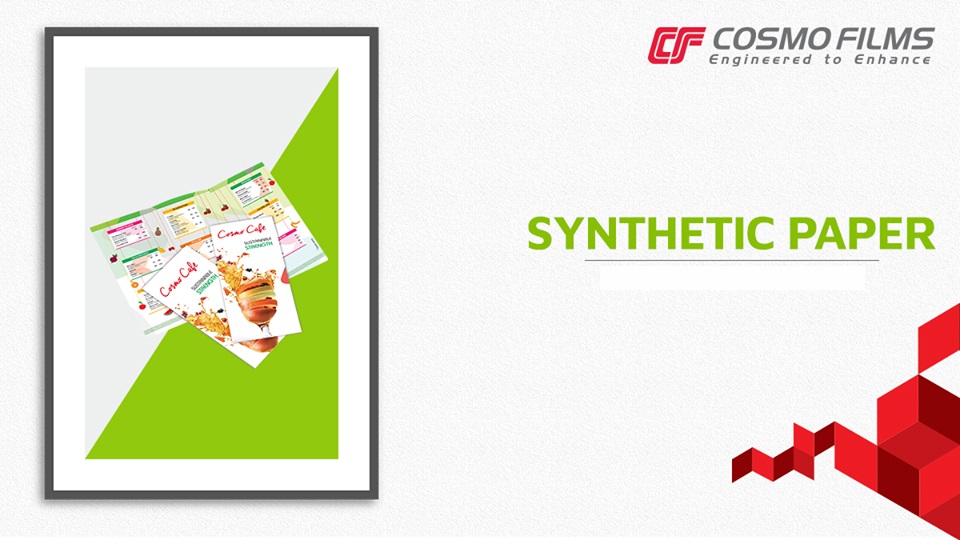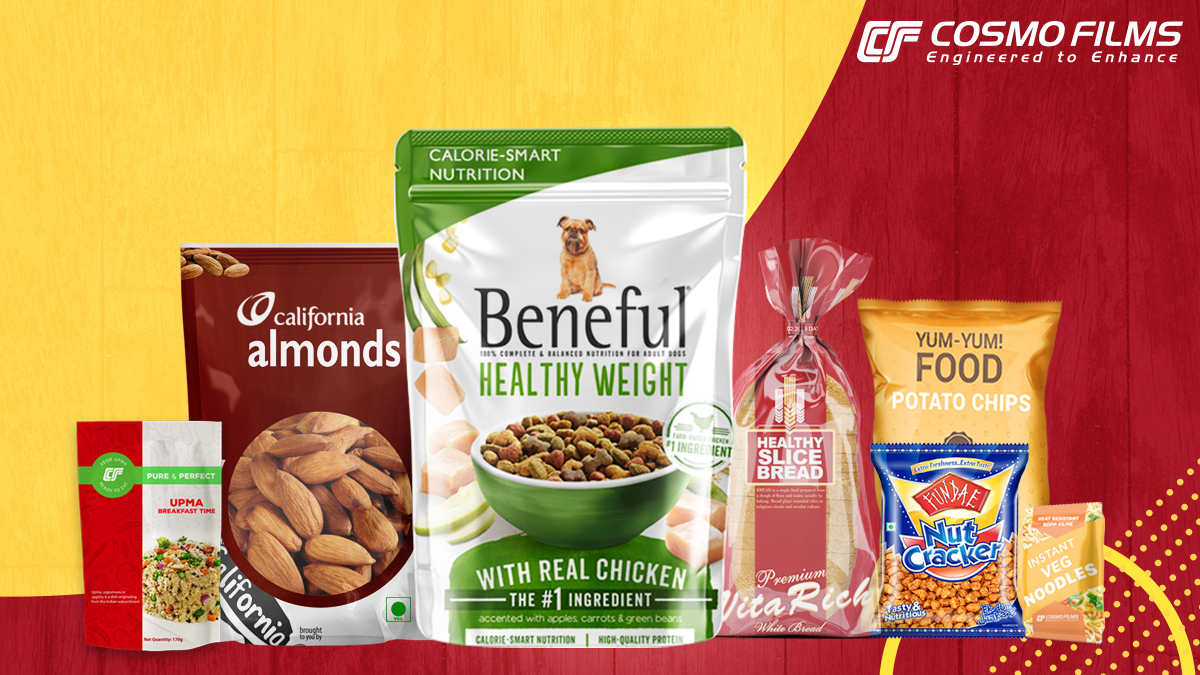In Mould Label Films : Definition, Benefits and Applications
In-mould label (IML) term is directly taken from the technique of preparing labels for product moulds or containers. These films are pre-printed polypropylene labels that take the shape of the container after injecting it to mould.
It can perform mould labelling used for plastic or paper during manufacturing product containers and via three processes.
- Blow moulding
- Inject moulding
- Thermoforming
Inject Moulding IML
In-moulding labeling is a phenomenal technology that has design flexibility and productivity advantages over traditional post-labeling methods. Distinct textures, designs, colors, and effects offer independence to explore creativity.
To explore a few more benefits, keep rolling
Environment-Friendly
The material properties, characters, and features used in labeling are the same as those used in product packaging. Thus, if it's recyclable, then there are no obstacles from the labelling side. Also, in the production, the material is fewer, hence promoting a healthy environment.
Time & Cost-Saver
The mechanism directly performs on product moulds, so it eliminates one step from the manufacturing, which saves time and cost as well. On traditional labelling procedures, printing consumes raw material, time, and money. Additionally, it too saves the transport & labor cost as with in-mould labels previously add-on containers.
Hygienic & strong
In-Mould labels are environment resistant & highly sustainable. That’s why its durability is commendable for unfavorable weather. Whether it's extreme heat or cooling, IML remains unspoiled, so if the product needs refrigeration, the film is set to go. Furthermore, its scratch-resistance, wrinkle-free and non-crackable as well.
Excellent Machinability
IML films are antistatic and reduce the buildup of static charge. Low static charge between labels and machines improves the life of machinery plus makes films more compatible with various machines.
In the last couple of decades, In-mould labels gained massive popularity that can be seen in today's industry interest in the technology. In food, beverage, healthcare, pharmaceutical, cosmetics, and even automatic industries, the film has a myriad of applications. Look at a few of them mentioned.
- Ice-cream tubes
- Yogurt tubes
- Candy tubes
- Butter migraine and other containers
- Cosmetic packaging
- Paints buckets
- Tobacco
- Households & garden products
- Nutraceuticals and supplements




Comments
Post a Comment